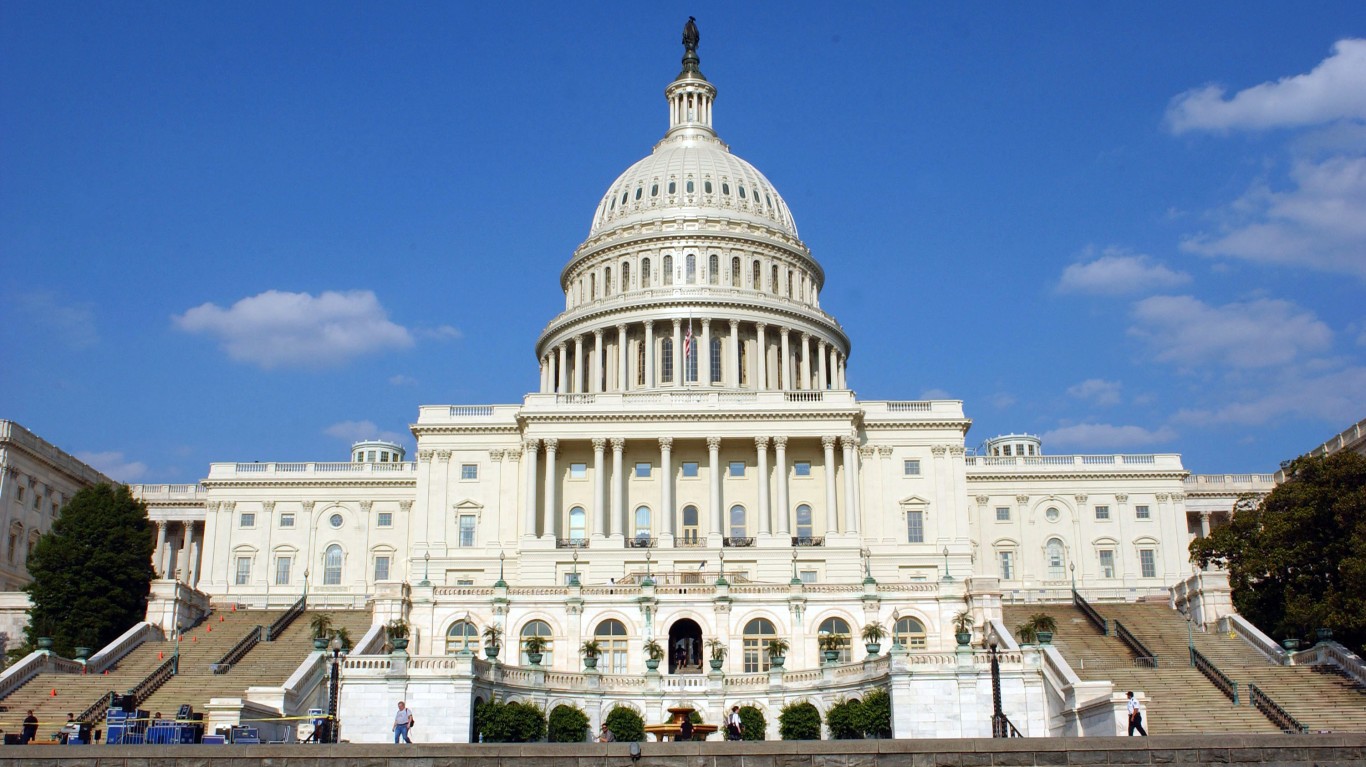Technology
New Bill Seeks to Establish a Commission for AI Regulations

Published:
Last Updated:

A bipartisan group of lawmakers in the US has introduced the National AI Commission Act, which aims to create a blue-ribbon commission to explore the regulation of artificial intelligence (AI). The move comes amid growing concerns regarding the potential dangers of this emerging technology.
Representatives Ted Lieu (D-Calif), Ken Buck (R-Colo.), and Anna Eshoo (D-Calif.) have introduced a bill to establish a commission on AI regulation. The legislation is expected to be introduced in the Senate by Senator Brian Schatz (D-Hawaii).
The proposal would establish a 20-member commission to study AI regulation, including how responsibility for regulation is divided between agencies, the capacity of such agencies to regulate, and ensuring that enforcement actions are aligned. Members of the commission will come from civil society, government, industry, and labor and will not be dominated by one sector.
“Our bill forges a path toward responsible AI regulation that promotes technological progress while keeping Americans safe,” the bill’s lead sponsor Representative Lieu said in a statement. He added:
“Transparency is critical when legislating on something as complicated as AI, and this bipartisan, blue ribbon commission will provide policymakers and the American public with the basis and reasoning for the recommendations and what information was relied upon.”
The commission would also recommend new plans to oversee powerful AI systems and how they are regulated, including an evidence-based approach to regulations and build upon previous federal and international regulatory efforts. Further, the commission would be tasked with establishing a risk-based, binding approach built upon previous national and international AI regulatory efforts.
The bipartisan commission would be required to submit three reports to Congress and the president. These include an initial report six months after the law is enacted, a final report one year after the passage of the final regulatory framework, and an additional report one year later on new findings that may have emerged or revisions to AI recommendations.
“As Co-Chair of the bipartisan Congressional Artificial Intelligence Caucus, I understand how complex the issue of artificial intelligence is,” Representative Eshoo said. “The National AI Commission Act is an important first step to bring together stakeholders and experts to better understand how we can regulate AI.”
Since the release of OpenAI’s ChatGPT in November last year, AI chatbots have taken the internet by storm. These tools come with vast potential and extensive functionality, including the ability to have intelligent-sounding conversations, write music, and code, among other things.
The skyrocketing popularity of AI tools has also led to increasing calls for regulations. Earlier this month, the European Union and the US announced collaborating to develop a voluntary code of conduct for AI. Officials will seek feedback from industry players and invite parties to sign up to curate a proposal for the industry to commit to voluntarily.
The EU has been working on its Artificial Intelligence Act, a sprawling document in the works, for around two years. The legislation aims to classify and regulate AI applications based on their risk.
There have also been some attempts to regulate AI in the US. In April, the US government put out a formal public request for comment regarding AI chatbots to help formulate advice for US policymakers about approaching these emerging technologies.
Furthermore, the Biden administration has already recommended five principles companies should uphold regarding developing AI technologies through a volunteer “bill of rights.”
This article originally appeared on The Tokenist
Thank you for reading! Have some feedback for us?
Contact the 24/7 Wall St. editorial team.